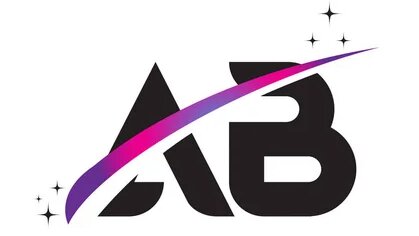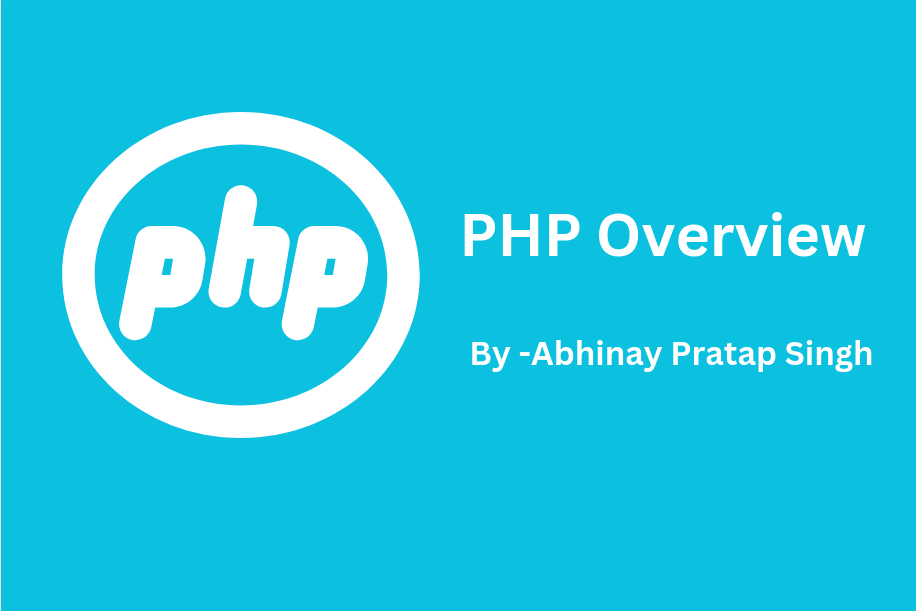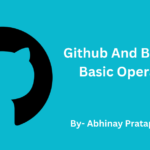PHP, a widely used server-side scripting language, plays a pivotal role in web development. This open-source language empowers developers to create dynamic web pages and web applications. PHP seamlessly integrates within HTML code and executes on web servers, allowing for the generation of dynamic content, interaction with databases, and the execution of various server-side tasks.
Here are some key versions of PHP:
PHP 3 (1997): PHP 3 introduced fundamental features that laid the groundwork for the language’s widespread adoption. Notable additions included support for various databases and enhanced server-side scripting capabilities.
PHP 4 (2000): PHP 4 marked significant progress, featuring improved object-oriented programming capabilities and better support for web sessions.
PHP 5 (2004): This version introduced the Zend Engine 2.0, leading to enhanced performance and the addition of object-oriented programming and exception handling.
PHP 5.3 (2009): PHP 5.3 brought forth features such as namespaces, late static binding, and performance improvements.
PHP 5.4 (2012): With traits support, refined object-oriented capabilities, and enhanced security, PHP 5.4 was a noteworthy release.
PHP 5.5 (2013): This version introduced the “yield” keyword for generators, the “finally” keyword for exception handling, and support for password hashing functions.
PHP 5.6 (2014): PHP 5.6 brought further performance enhancements, support for variadics, and the addition of constant scalar expressions.
PHP 7 (2015): PHP 7 was a major milestone with the introduction of the Zend Engine 3.0, significantly improving performance. It also added features like the combined comparison operator, scalar type declarations, and return type declarations.
PHP 7.1, 7.2, 7.3, 7.4: These versions introduced incremental improvements, including features such as nullable types, typed properties, and more.
PHP 8 (2020): PHP 8 marked a significant advancement with the introduction of a JIT compiler, union types, named arguments, attributes, and numerous other features. It not only improved performance but also introduced modern capabilities for developers.
It’s essential to note that earlier versions of PHP, predating PHP 7, have reached their end of life. It is highly recommended to use a supported and up-to-date PHP version to ensure security and compatibility. The selection of a PHP version should align with the specific requirements of your web applications.
PHP offers compatibility with a variety of database management systems, including:
MySQL: PHP natively supports MySQL, making it a popular choice for web applications using this relational database management system.
PostgreSQL: PHP extends its support to PostgreSQL, an open-source RDBMS known for its advanced features.
SQLite: PHP is compatible with SQLite, a lightweight embedded database often used in mobile apps and smaller projects.
Oracle: PHP can connect to Oracle databases, catering to enterprises utilizing Oracle’s database solutions.
Microsoft SQL Server: PHP is compatible with Microsoft SQL Server, enabling web app development for SQL Server databases.
MongoDB: Though not a traditional relational database, PHP can interact with MongoDB, a NoSQL database, using libraries and extensions.
MariaDB: PHP also supports MariaDB, a popular open-source relational database and a MySQL fork.
Other Databases: PHP provides extensions and libraries for various databases, including Redis, Cassandra, and more.
PHP serves as the foundation for a multitude of technologies and web development frameworks, such as:
WordPress: A widely-used content management system (CMS) that powers a significant portion of websites on the internet.
Drupal: Another PHP-based CMS known for its flexibility and extensibility.
Joomla: A content management system and web application framework.
Laravel: A modern PHP framework favored for web application development.
Symfony: A PHP framework utilized for creating web applications and services.
CodeIgniter: A lightweight PHP framework suitable for building small to medium-sized applications.
Zend Framework: A comprehensive PHP framework commonly employed for developing enterprise-level applications.
Yii: A high-performance PHP framework appreciated for its efficiency and extensibility.
Magento: An e-commerce platform built on PHP, ideal for creating online shopping websites.
Phalcon: A distinctive PHP web framework implemented as a C extension, renowned for its exceptional performance.
These technologies and frameworks, built upon PHP, offer developers an array of tools and libraries that simplify web development, providing features like enhanced security, templates, and modules to expedite development and enhance the functionality of websites and applications.





